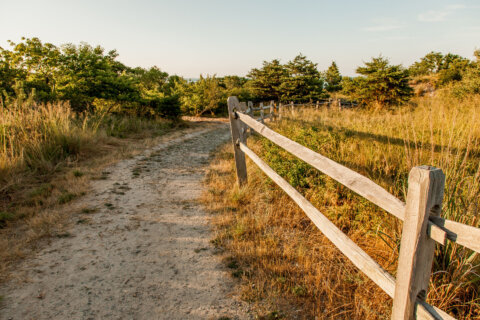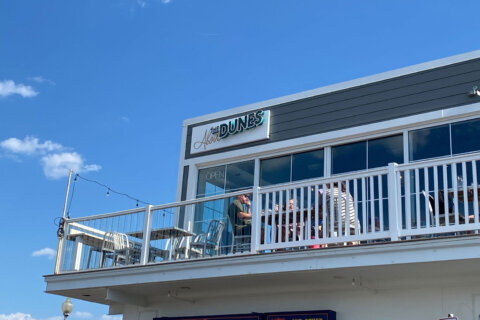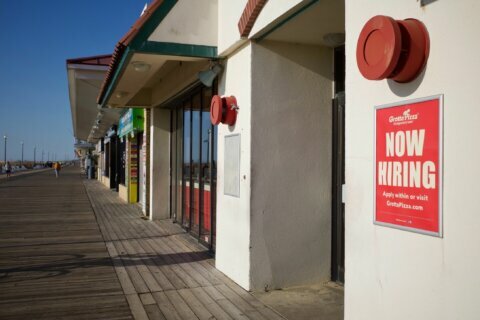Getting sunburned isn’t just a risk outdoors, people also can get burned through glass when they’re inside a house or car.
“I think a lot of people don’t realize the [vehicle] windshield window is treated so it blocks
UVA and UVB rays, but the side windows and the windows that are in our homes only protect against UVB rays — they do not protect against UVA,” said Dr. Min Deng, a dermatologist with MedStar Health.
“And the UVA rays can cause pigmentation, skin aging, and they have actually now been proven to contribute to the development of skin cancers,” she said.
Deng — the director of Mohs Micrographic Surgery at MedStar Washington Hospital Center/MedStar Georgetown University Hospital — recommends using sunscreen if exposed to light through car side windows between 10 a.m. and 4 p.m. People indoors exposed to sun through windows, she said, can adjust their seats away from the light.
Sunglasses should block both UVB and UVA rays. “I tend to see a lot of skin cancers around the eye — periocular skin cancer,” she said.
Unprotected sun exposure to your eyes can also increase the risk of developing cataracts.
When it comes to using sunscreen, remember that it doesn’t have to be complicated. “Any sunscreen is better than no sunscreen, and the best sunscreen is the one that you’re going to wear,” Deng said.
Just confirm it offers broad spectrum protection against both UVB and UVA rays and make sure to apply it correctly.
“The No. 1 complaint I get from patients is: ‘I’m putting on this SPF 100 spray. How come I’m still getting burned? This product must just not work,'” Deng said.
“Whether it’s spray, lotion, cream, you really have to put it on in the correct concentration.”
Dusting skin with a sunscreen spray does not afford the SPF protection that’s advertised. To get the full affect, Deng recommends spraying the sunscreen close to the body and then spreading it out on skin using your hands.
“And I would recommend, ideally, to start off with a cream … and then touch up with the spray and make sure you’re actually spraying close to the body so you’re getting good concentration,” Deng said.
Sunscreens are not created equally. Want the best? Choose something that’s zinc oxide based.
“A lot of the chemical compounds — they’ll block certain parts of UVA, but they may not block the entire spectrum of UVA, or their coverage may not be quite as optimal at certain wavelengths compared to other wave lengths,” Deng said. “Really, the best ingredient that blocks the widest spectrum of UVA and UVB is zinc oxide.”
Unlike years past, modern zinc sunblock doesn’t have to go on looking like white paint. There are lots of different formulations now that spread more smoothly.
Little-known fact: The SPF value that’s advertised only refers to protection against UVB rays. Deng said there’s currently no method for quantifying how protective something is against UVA.
Sunscreen should be reapplied every two hours. And check the expiration date.
“Sunscreen without an expiration date has a shelf life of no more than 3 years. Its shelf life is shorter if it has been exposed to high temperatures,” according to the Centers for Disease Control and Prevention.








